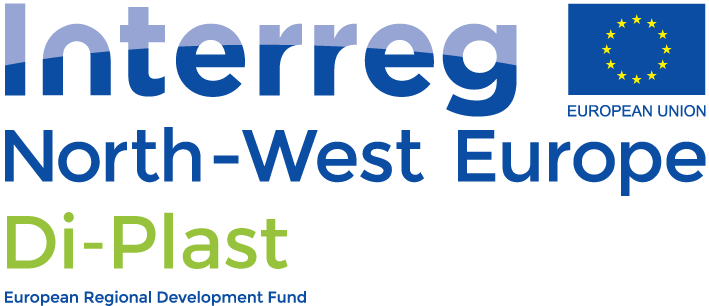This page (revision-285) was last changed on 14-Sep-2022 10:00 by Leonid
This page was created on 18-Feb-2022 08:53 by Leonid
Only authorized users are allowed to rename pages.
Only authorized users are allowed to delete pages.
Page revision history
| Version | Date Modified | Size | Author | Changes ... | Change note |
|---|---|---|---|---|---|
| 285 | 14-Sep-2022 10:00 | 8 KB | Leonid | to previous | |
| 284 | 14-Sep-2022 09:57 | 8 KB | Leonid | to previous | to last | |
| 283 | 14-Sep-2022 09:57 | 8 KB | Leonid | to previous | to last | |
| 282 | 13-Sep-2022 15:36 | 8 KB | Leonid | to previous | to last | |
| 281 | 02-Sep-2022 16:23 | 8 KB | Makid Maskawat Marjub | to previous | to last |
Page References
| Incoming links | Outgoing links |
|---|---|
